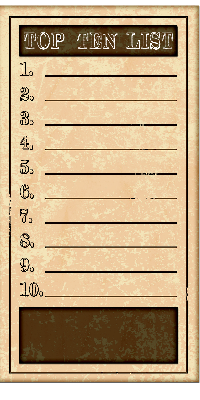By Dan Boudreau
Thriving businesses are sometimes started when employers offer to contract work to their employees. If you are motivated, enjoy working independently, and are willing to shoulder the responsibility of running a small business – self-employment might just be the best option for you.
Over the past few years, the workplace has seen an increase in the number of employees who work offsite, with many of those becoming independent operators or contractors.
If your type of work is suited to working offsite, you may find yourself unexpectedly poised to become self-employed. This can be initiated by an employer (also called a payer) or it can be proposed by an enterprising employee. Either way, it can lead to a win for both parties.
For example, suppose you are an employee providing training services for a business. If that business decides to phase out your job in order to cut costs, you might shift to providing those services part-time as an independent operator. The payer wins by reducing expenses and you win by securing the payer as a key customer and a base for your very own small business.
There are some benefits to being self-employed. You will:
- Have more freedom.
- Have more control over your work schedule.
- Be paid more money for the work.
- Be able to take on work from different sources.
Self-employment brings with it a few items that employees don’t have to be concerned with. You will:
- Have higher risks and may have to buy insurance, which can be costly.
- Incur business operating expenses (supplies, rent, and utilities).
- Be responsible to organize and pay for any employee benefits (your own and for those you hire), such as holiday pay, employment insurance, and medical plan.
- Have higher equipment costs. These can range from technical and office equipment to vehicles and tools. Along with equipment come repair, maintenance and depreciation concerns and expenses.
If you are thinking of becoming self-employed, be sure to research the laws pertaining to worker status. The tax authorities (CRA) use a number of tests to determine whether a worker is an employee or self-employed – go to your tax agency website and search “employee vs self-employed,” It’s important to establish your contracting arrangement according to the CRA tests, as getting it wrong can lead to tax complications later for both you and the payer.
Those new to self-employment are rarely aware of all the expenses and are prone to undervaluing their goods. Be sure to charge enough for your products and services.
Finally, when you make the transition to self-employment, do it in writing. A signed agreement will go a long way toward eliminating misunderstandings afterward, and conserve your energy for the most important activity of all for the cheerfully self-employed; serving customers.
You are welcome to publish this article providing you attach this statement with the link back to the RiskBuster website:
“Dan Boudreau is President and CEO of Macrolink Action Plans Inc. and the RiskBuster Business Plan Oasis at http://www.riskbuster.com Writing your own business plan can be easy, fast and fun! Instantly download a free copy of Dan’s popular fast-track business plan template, The Shell, when you subscribe to the RiskBuster Business Plan Insider at http://www.riskbuster.com”
The End

